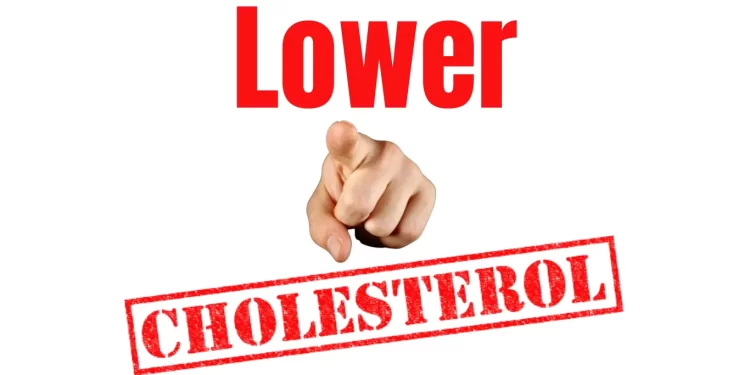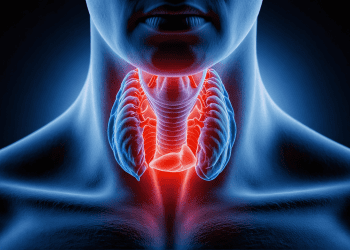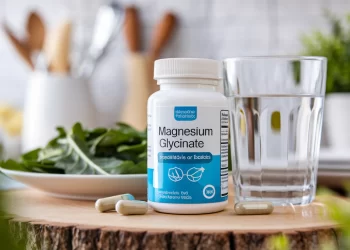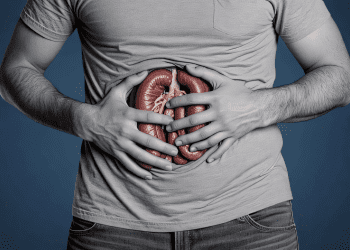Lowering cholesterol can help reduce the risk of heart disease, a leading cause of death worldwide. Cholesterol, a waxy substance present in our blood, plays a vital role in building healthy cells. However, high cholesterol levels can lead to plaque accumulation in arteries, which can cause blockages and increase the risk of heart attacks and strokes. This guide will provide you with actionable tips and lifestyle changes to help manage your cholesterol levels and lower your risk of heart disease.
Key Takeaways |
Cholesterol is important for building healthy cells |
Too much cholesterol can increase the risk of heart disease |
A healthy lifestyle can help manage cholesterol levels |
Exercise and physical activity can help lower cholesterol |
Eating a diet rich in fiber and healthy fats can also help |
Limiting saturated and trans fats is important |
Reading nutrition labels and choosing healthy options helps |
Making small changes in food preparation can make a big impact |
Vegetarian meals and healthy snacking can also help |
Regular check-ups with a doctor can monitor cholesterol levels |
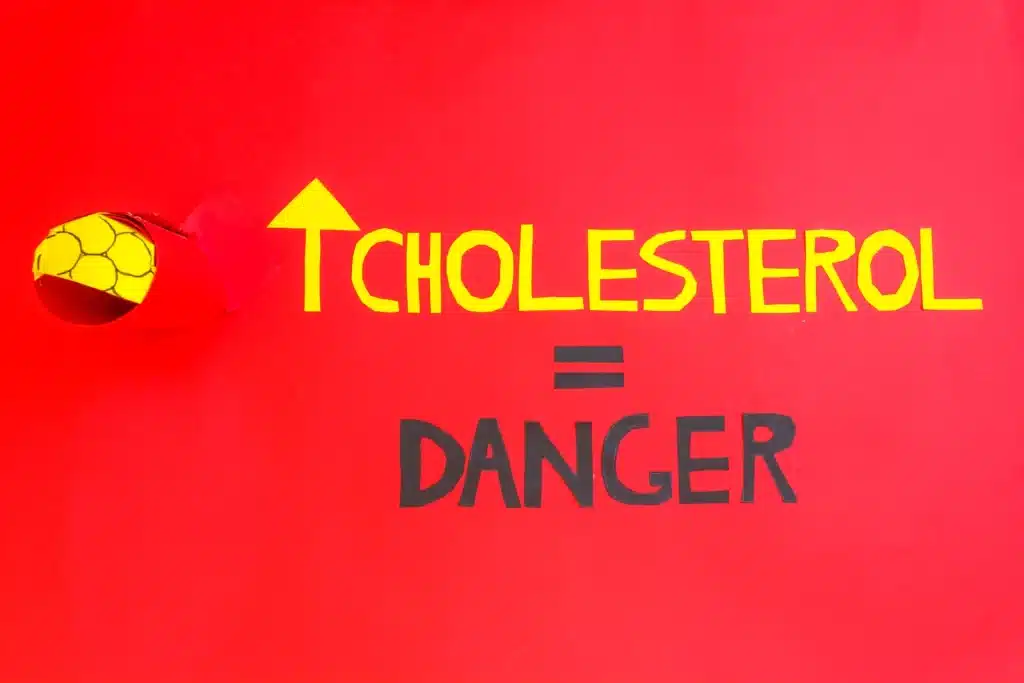
Understanding Cholesterol
Cholesterol is a type of fat that is made by the liver and can also be found in certain foods. There are two types of cholesterol: low-density lipoprotein (LDL), also known as “bad” cholesterol, and high-density lipoprotein (HDL), known as “good” cholesterol. LDL can build up in the walls of arteries, causing them to narrow and leading to heart disease. Having a cholesterol level under 200 mg/dL is regarded as normal.
The Best Ways to Lower Cholesterol
Several lifestyle changes can help reduce cholesterol levels:
- Eat heart-healthy foods: A diet that is low in saturated and trans fats, but high in fruits, vegetables, and whole grains can help lower cholesterol levels.
- Exercise on most days of the week and increase your physical activity: Regular physical activity can raise HDL levels, which can help lower LDL levels.
- Quit smoking: Smoking damages the walls of the arteries, making it easier for cholesterol to build up.
Lose weight: Being overweight can increase LDL levels and decrease HDL levels. - Drink alcohol only in moderation: Drinking too much alcohol can increase cholesterol levels.
- Making these lifestyle changes can help reduce cholesterol levels, but it’s important to talk to a healthcare provider about any other steps that may be necessary, such as taking cholesterol-lowering medication.
How Long Does it Take to Lower Cholesterol?
The time frame for seeing results from lifestyle changes can vary depending on the individual and the severity of their cholesterol levels. Some people may see improvements in as little as three months, while others may take longer. It’s important to stay committed to lifestyle changes and regularly monitor cholesterol levels.
Tips to Lower Cholesterol Fast
Here are some additional tips for lowering cholesterol levels:
- Ban Trans Fats: Avoid foods that contain partially hydrogenated oils, which can increase LDL levels.
- Scale Back: Reduce portion sizes and limit high-fat snacks and desserts.
- Get Moving: Regular exercise can help raise HDL levels and lower LDL levels.
- Fill Up on Fiber: Foods high in soluble fiber, such as oatmeal and beans, can help lower LDL levels.
- Go Fish: Eating fish high in omega-3 fatty acids, such as salmon and tuna, can help lower LDL levels.
- Opt for Olive Oil: Using olive oil in place of butter or margarine can help lower LDL levels.
- Go Nuts: Eating nuts, such as almonds and walnuts, can help lower LDL levels.
- Chill Out: Stress can increase cholesterol levels, so try to find ways to relax and manage stress.
- Spice It Up: Using spices instead of salt can help lower blood pressure, which can help lower LDL levels.
- Butt Out: Quitting smoking can improve HDL levels and lower LDL levels.
- Laugh More: Laughter can help reduce stress, which can have a positive impact on cholesterol levels.
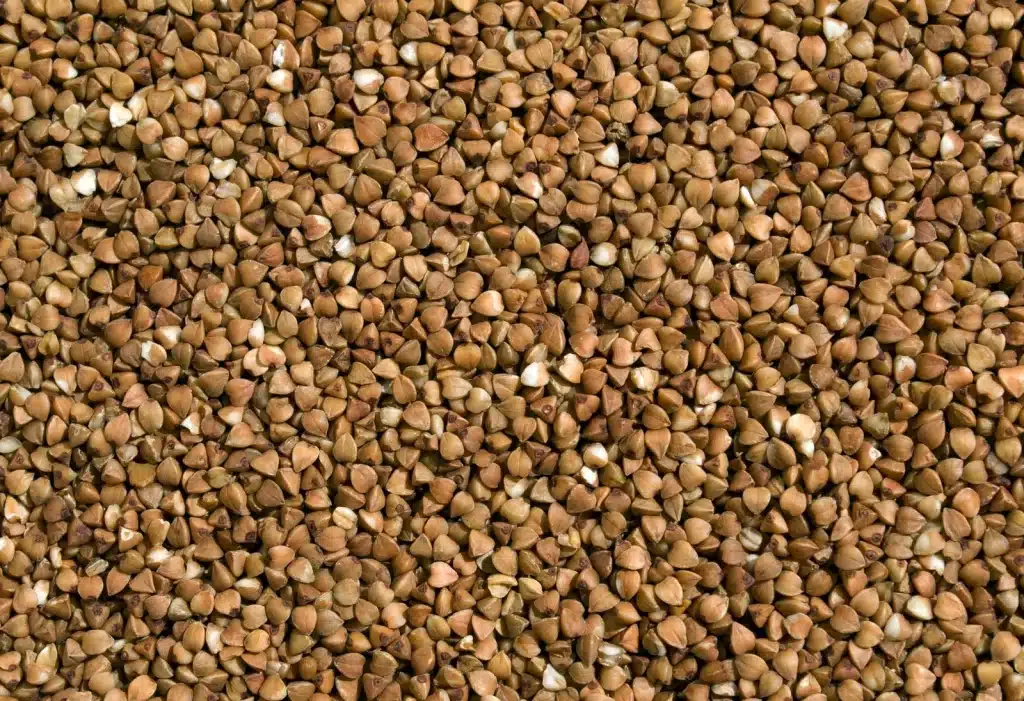
Ways to Lower Cholesterol Naturally
Lowering your cholesterol can be as easy as making simple lifestyle changes. Here are 10 natural ways to help lower your cholesterol:
- Read nutrition labels to avoid trans fats: Trans fats can raise your bad cholesterol levels and lower your good cholesterol levels. Look for “partially hydrogenated oil” on the nutrition label, and avoid foods with this ingredient.
- Choose meats with fewer saturated fats, like fish or chicken: Saturated fats can raise your bad cholesterol levels, so it’s best to limit your intake of these types of meats. Instead, choose lean proteins like fish or chicken.
- Get more soluble fiber with whole grain bread, kidney beans, quinoa, and more: Soluble fiber can help reduce the absorption of cholesterol in your bloodstream. You can get more soluble fiber in your diet by eating foods like whole-grain bread, kidney beans, quinoa, and oatmeal.
- Boost unsaturated fats and fiber by snacking on fruits, vegetables, and nuts: Foods that are high in unsaturated fats and fiber can help lower your bad cholesterol levels. Snack on foods like apples, carrots, almonds, and walnuts.
- Embrace low-fat milk, cheese, and yogurts: Dairy products that are high in fat can raise your bad cholesterol levels. Switch to low-fat or nonfat options to help keep your cholesterol in check.
- Prepare your food a little differently: You can easily reduce your intake of saturated and trans fats by making small changes in the way you prepare your food. For example, bake or grill your meats instead of frying them, and use healthy oils like olive oil instead of butter or margarine.
- Substitute healthy oils in place of butter and margarine: Use healthy oils like olive oil, avocado oil, or canola oil instead of butter or margarine when cooking or baking.
- Try having one vegetarian meal every week: Eating a vegetarian meal once a week can help you reduce your intake of saturated fats and increase your intake of fiber and plant-based proteins.
- Work in some more movement to your daily tasks: Exercise can help raise your good cholesterol levels and lower your bad cholesterol levels. Look for opportunities to add more movement to your day, like taking the stairs instead of the elevator, or parking farther away from your destination.
- Simple swaps to get more exercise each day: If you’re short on time or can’t make it to the gym, try making simple swaps to add more exercise to your day. For example, take a 10-minute walk during your lunch break, or do squats while brushing your teeth.
Incorporating these simple lifestyle changes into your daily routine can help you lower your cholesterol naturally and improve your overall health.
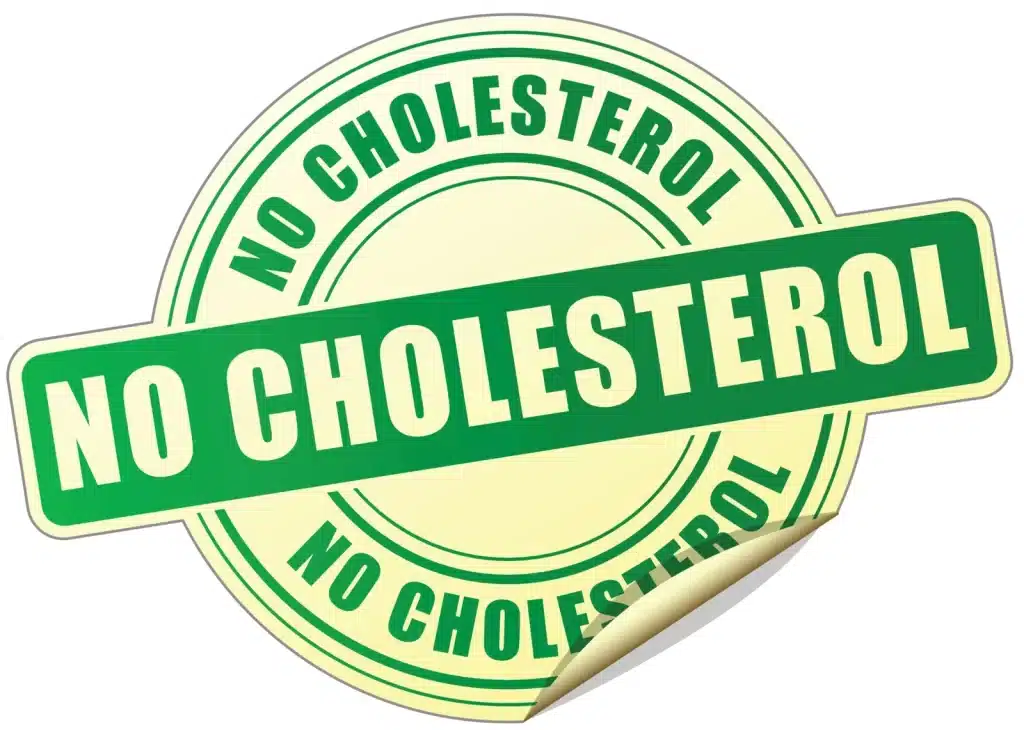
Final Thoughts
In conclusion, managing your cholesterol levels is an important part of maintaining good health. By making simple lifestyle changes like eating heart-healthy foods, exercising regularly, quitting smoking, and managing your weight, you can help lower your cholesterol levels and reduce your risk of heart disease and other health problems.
Remember to focus on whole, nutritious foods like fruits, vegetables, whole grains, and lean protein sources, and avoid processed foods high in saturated and trans fats. Reading nutrition labels can help you make informed decisions about what you eat and avoid foods that may raise your cholesterol levels.
By incorporating some of the tips and strategies outlined in this guide, you can take control of your cholesterol levels and improve your overall health. Start small and work your way up to bigger changes, and remember to stay motivated by focusing on the many benefits of a healthy lifestyle.
Frequently Asked Questions
Q: What is cholesterol?
A: Cholesterol is a waxy substance found in the blood that is important for building healthy cells. However, too much of it can increase the risk of heart disease.
Q: What are the risks of having high cholesterol levels?
A: High cholesterol levels can lead to the buildup of plaque in the arteries, which can increase the risk of heart disease, heart attack, and stroke.
Q: How can I lower my cholesterol levels?
A: You can lower your cholesterol levels by making lifestyle changes such as eating a healthy diet, exercising regularly, and avoiding smoking and excessive alcohol consumption. Additionally, your doctor may recommend medication to help lower your cholesterol levels if necessary.
Q: What types of foods should I eat to lower my cholesterol levels?
A: Foods that are high in soluble fiber, such as whole grains, fruits, and vegetables, can help lower cholesterol levels. Additionally, foods that are high in unsaturated fats, such as nuts, seeds, and fish, can also be beneficial.
Q: What types of foods should I avoid to lower my cholesterol levels?
A: It’s best to avoid foods that are high in saturated and trans fats, such as processed and fried foods, fatty meats, and full-fat dairy products.
Q: Can exercise help lower cholesterol levels?
A: Yes, regular exercise can help lower cholesterol levels by increasing the production of high-density lipoprotein (HDL), or “good” cholesterol, and reducing low-density lipoprotein (LDL), or “bad” cholesterol.
Q: How long does it take to see changes in cholesterol levels after making lifestyle changes?
A: It can take several months to see changes in cholesterol levels after making lifestyle changes. It’s important to continue making healthy choices and following your doctor’s recommendations for managing cholesterol levels.
Q: What should I do if lifestyle changes and medication aren’t enough to lower my cholesterol levels?
A: If lifestyle changes and medication aren’t enough to lower your cholesterol levels, your doctor may recommend additional treatments such as apheresis or surgery to remove cholesterol from the blood.



